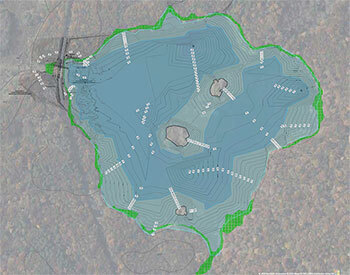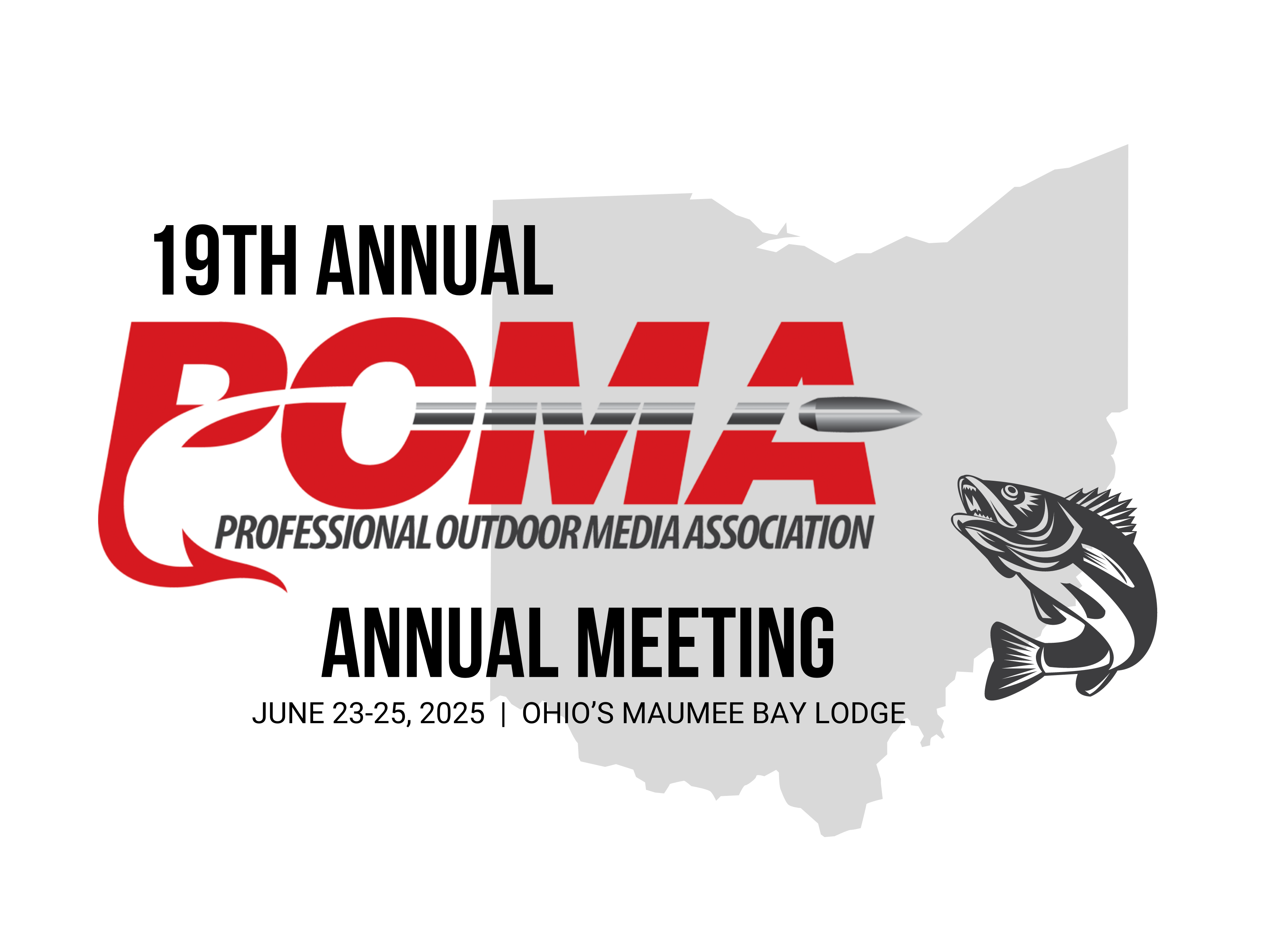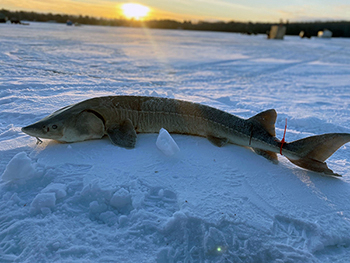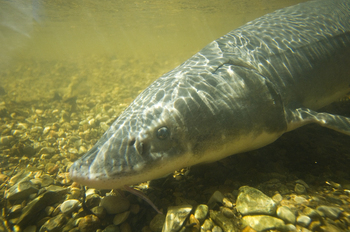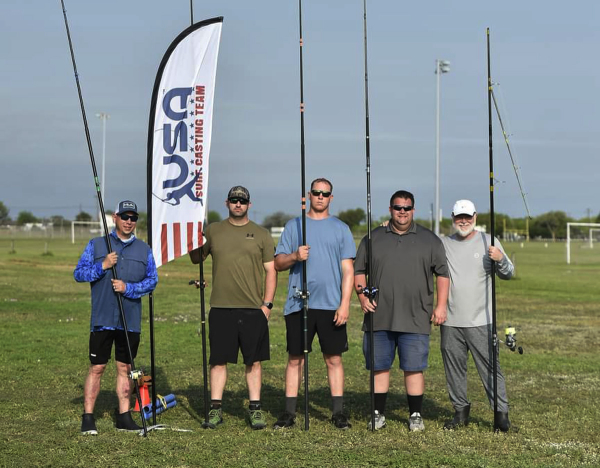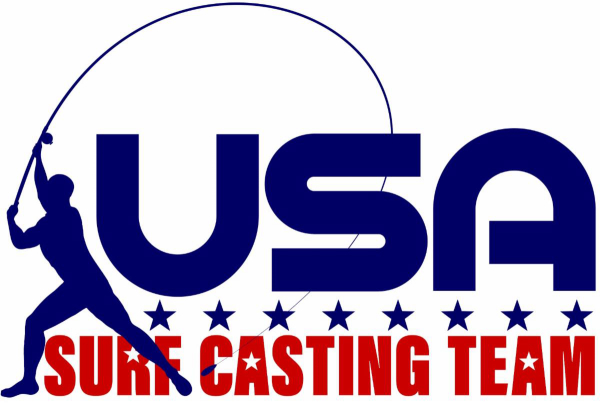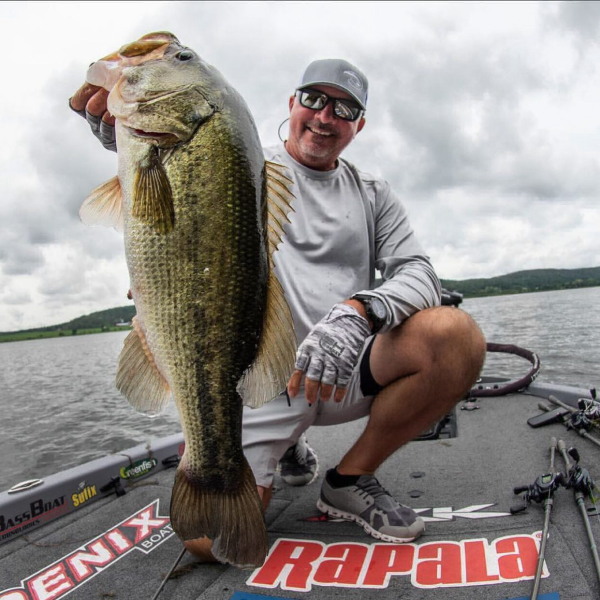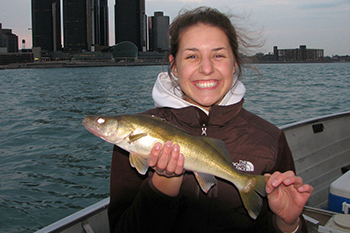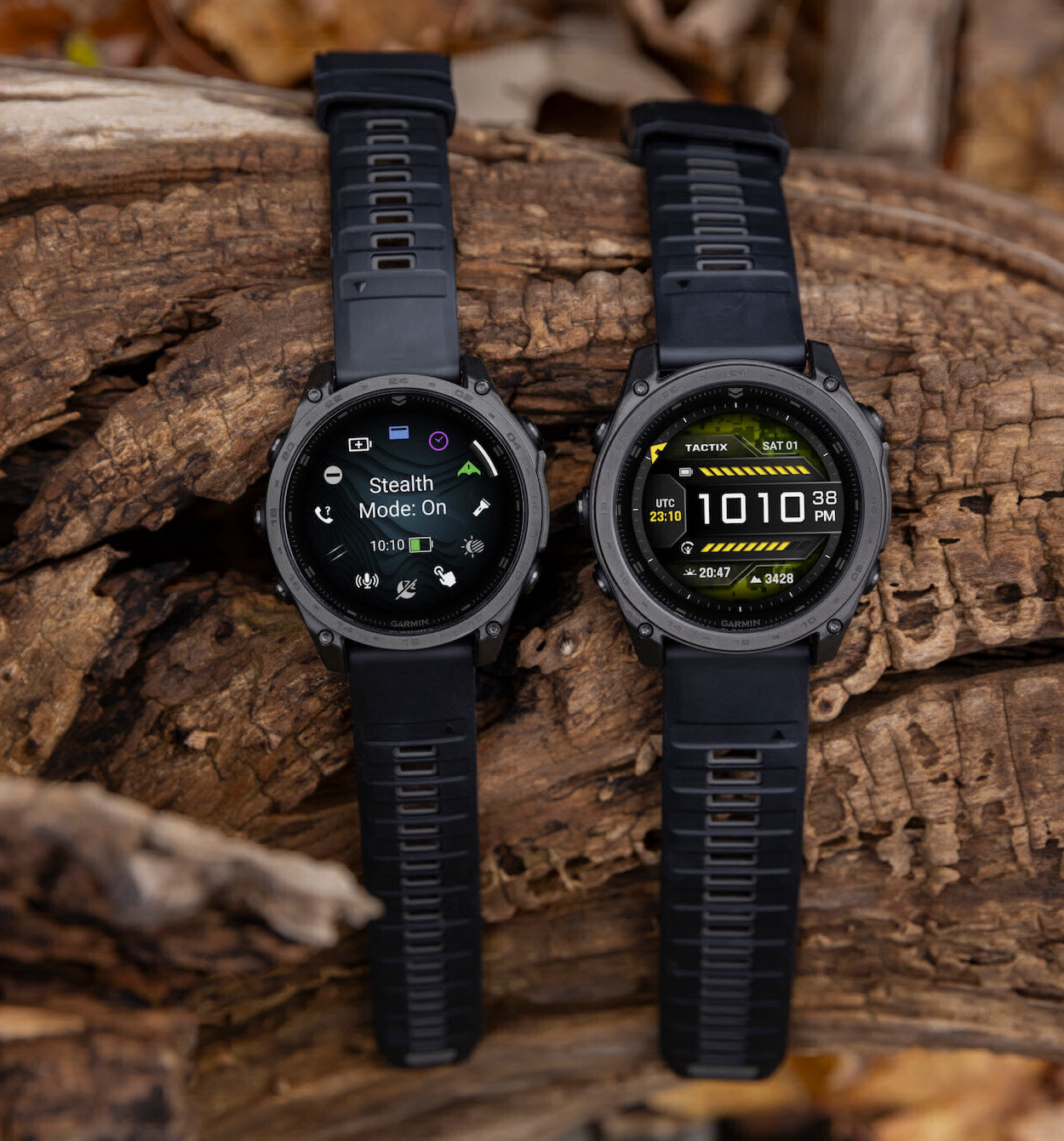Registration for the Professional Outdoor Media Association’s (POMA) Annual Meeting is now open. POMA’s 2025 Annual Meeting will be held at Maumee Bay Lodge & Conference Center, hosted by Destination Toledo. The annual gathering of the nation’s top outdoor journalists and supporting outdoor companies will kick off early Monday morning, June 23, and conclude Wednesday evening, June 25.
POMA’s Annual Meeting is open to all media, brands and businesses, regardless of membership status in the organization. Registration is $250 per attendee. A spouse/partner can be added for $185. All meals and transportation during the event are included.
Event highlights include:
- Choice of field trip including: island getaway on Ohio’s Lake Erie, explore Maumee Bay State Park from land and water, charter boat fishing on Lake Erie and Castalia Fish Hatchery tour and trout stream fishing
- Range Experience, Sponsored by NSSF – The Firearms Industry Trade Association
- Product Showcase
- Content Creation Sessions
- Educational Breakout Sessions
- Awards ceremony
- Silent and live auctions
- Nightly networking sessions
Lodging is available on-site at the Maumee Bay Lodge. Use group code 10B9TI to book at our discounted rate. The nearest airport is the Toledo Express Airport (TOL); however, it offers limited service. We recommend flying in and out of the Detroit Metro Airport (DTW).
Media members can register here. POMA corporate partners can register here.
Questions about POMA’s Annual Meeting can be directed to Admin@ProfessionalOutdoorMedia.org.
About Professional Outdoor Media Association
The Professional Outdoor Media Association (POMA) is a member-based organization that fosters excellence in communications at all levels. Its goal is to help members build their businesses, connect media and industry, promote fair and honest communication of traditional outdoor sports and conservation stories and mentor the next generation of traditional outdoor sports communicators.
Media Contact:
Stephanie Spika Hickey, POMA Communications Specialist
Stephanie@ProfessionalOutdoorMedia.org


